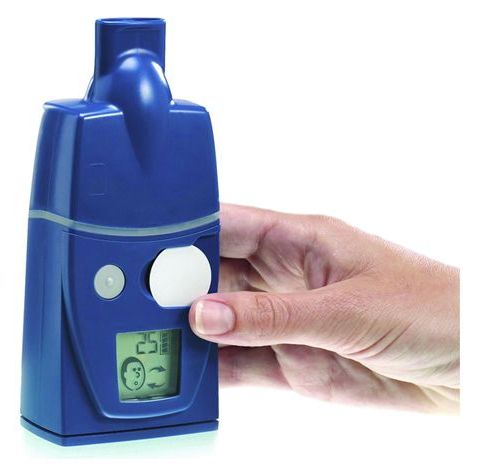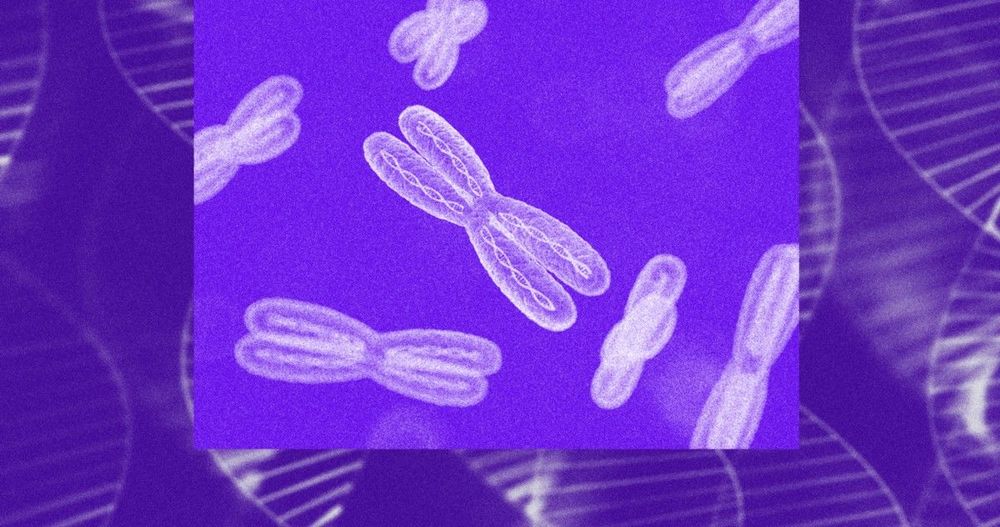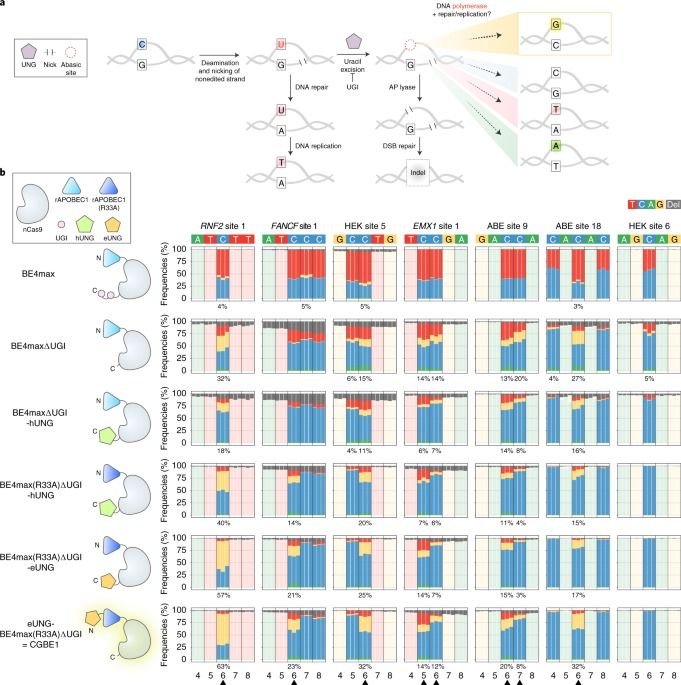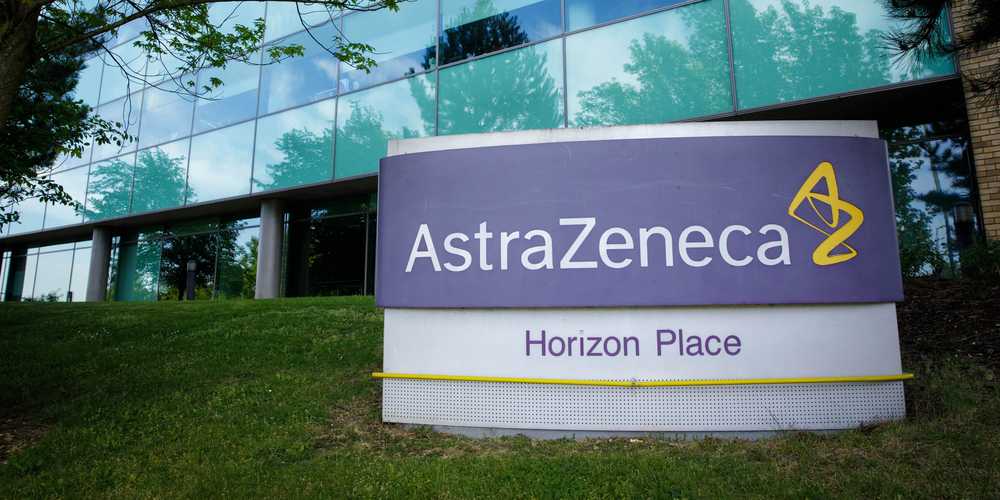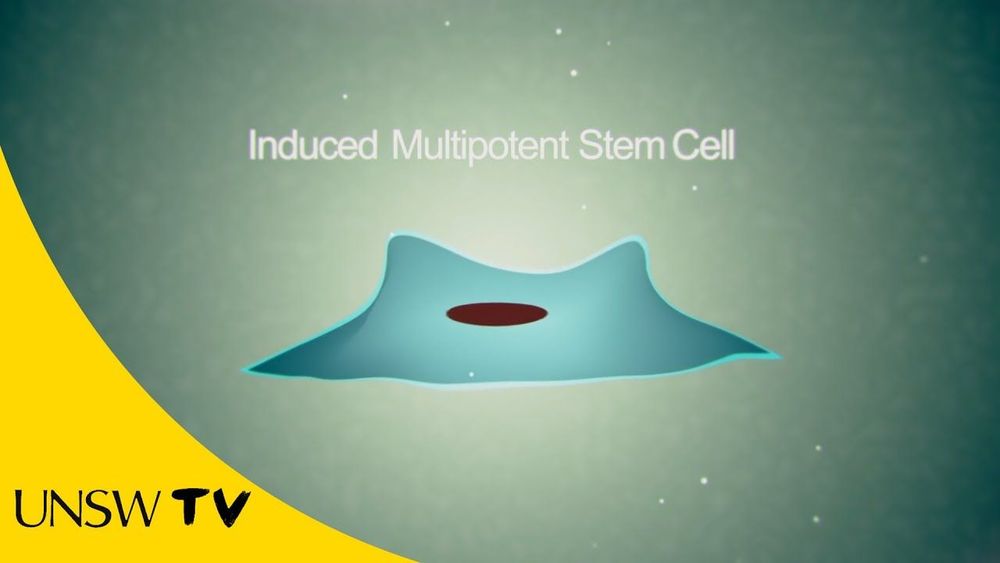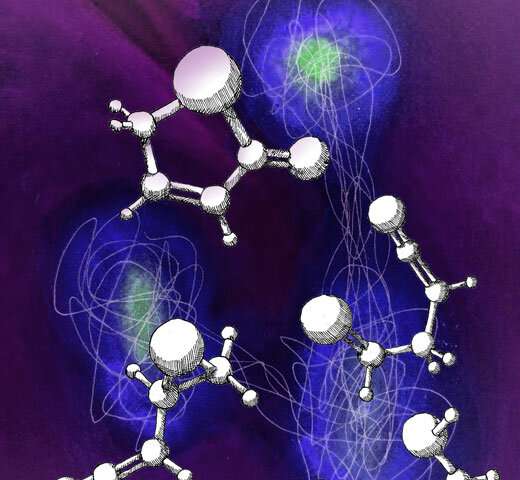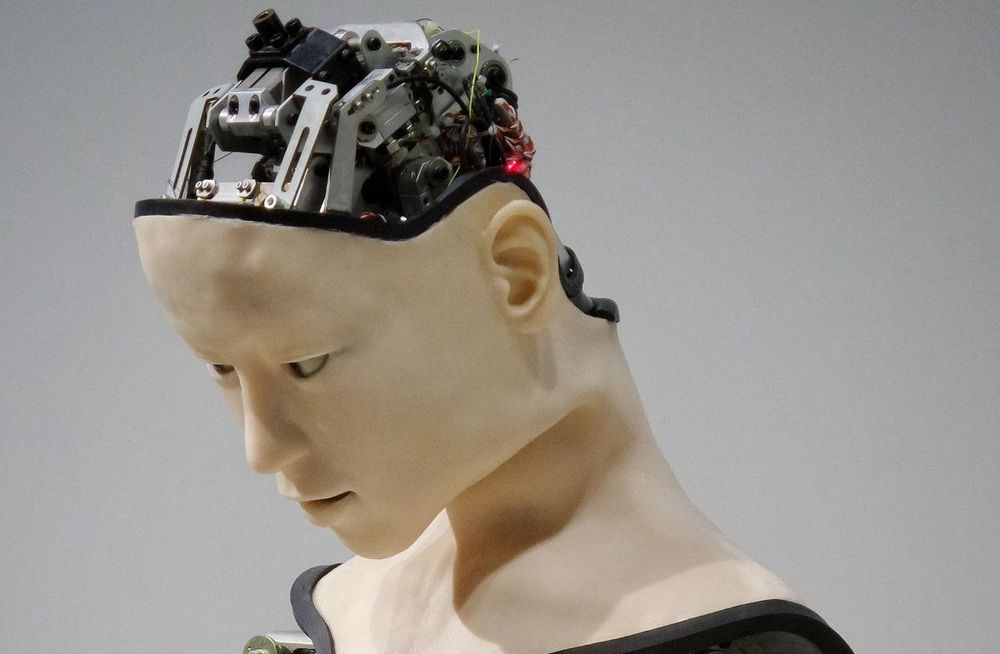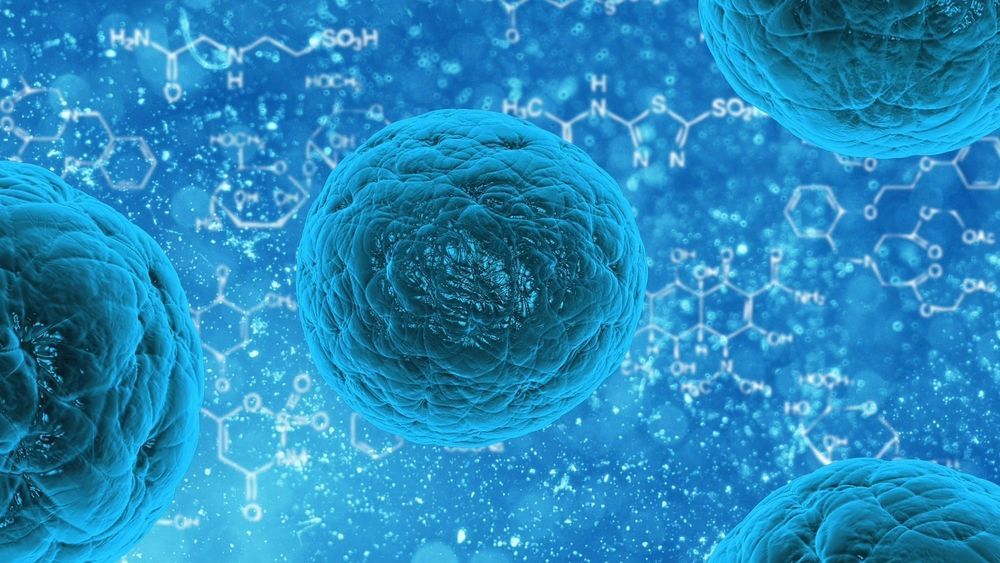
Researchers at Tel Aviv University, led by Prof. Yaniv Assaf of the School of Neurobiology, Biochemistry and Biophysics and the Sagol School of Neuroscience and Prof. Yossi Yovel of the School of Zoology, the Sagol School of Neuroscience, and the Steinhardt Museum of Natural History, conducted a first-of-its-kind study designed to investigate brain connectivity in 130 mammalian species. The intriguing results, contradicting widespread conjectures, revealed that brain connectivity levels are equal in all mammals, including humans.
“We discovered that brain connectivity —namely the efficiency of information transfer through the neural network —does not depend on either the size or structure of any specific brain,” says Prof. Assaf. “In other words, the brains of all mammals, from tiny mice through humans to large bulls and dolphins, exhibit equal connectivity, and information travels with the same efficiency within them. We also found that the brain preserves this balance via a special compensation mechanism: when connectivity between the hemispheres is high, connectivity within each hemisphere is relatively low, and vice versa.”
Participants included researchers from the Kimron Veterinary Institute in Beit Dagan, the School of Computer Science at TAU and the Technion’s Faculty of Medicine. The paper was published in Nature Neuroscience on June 8.
